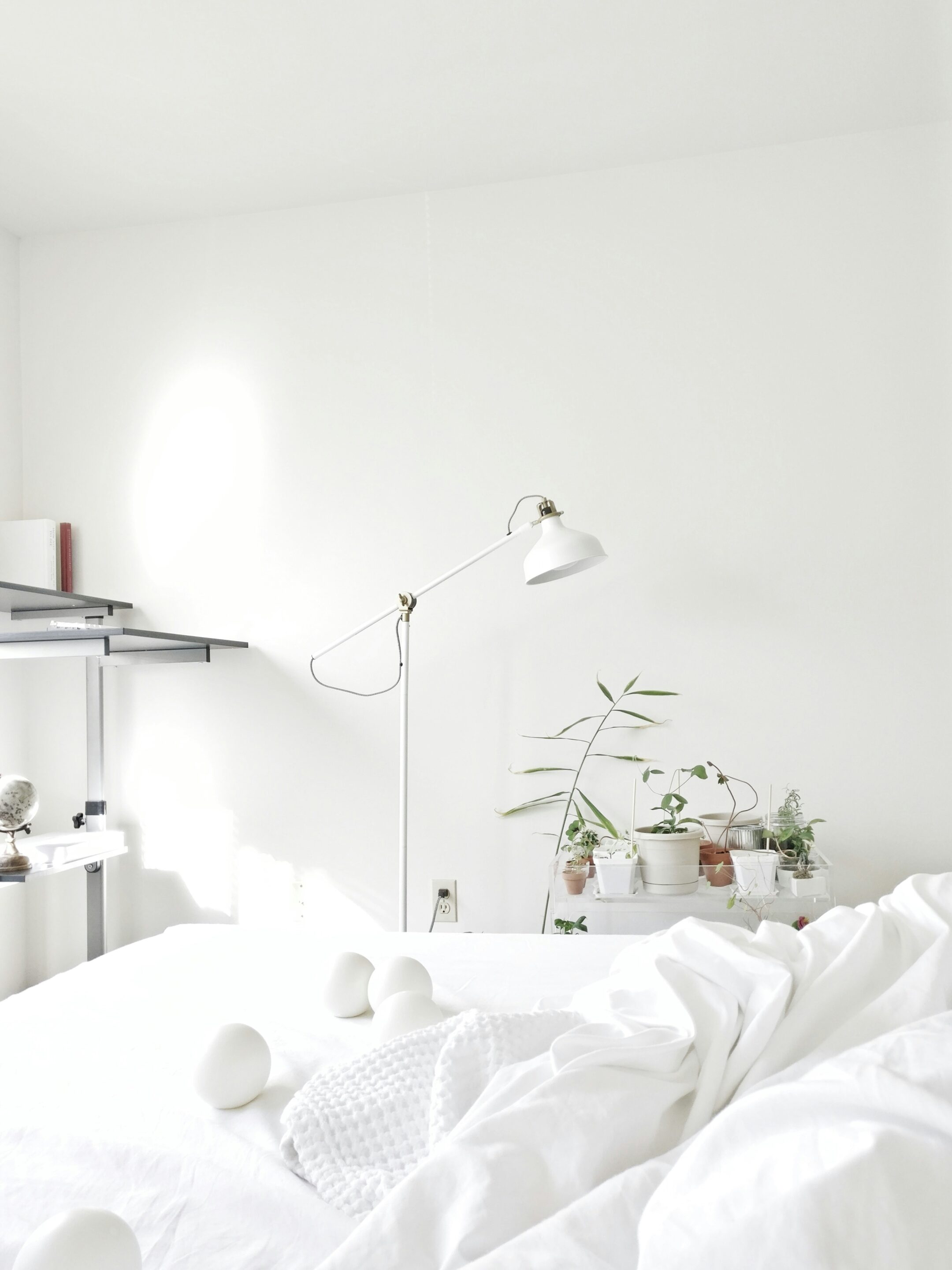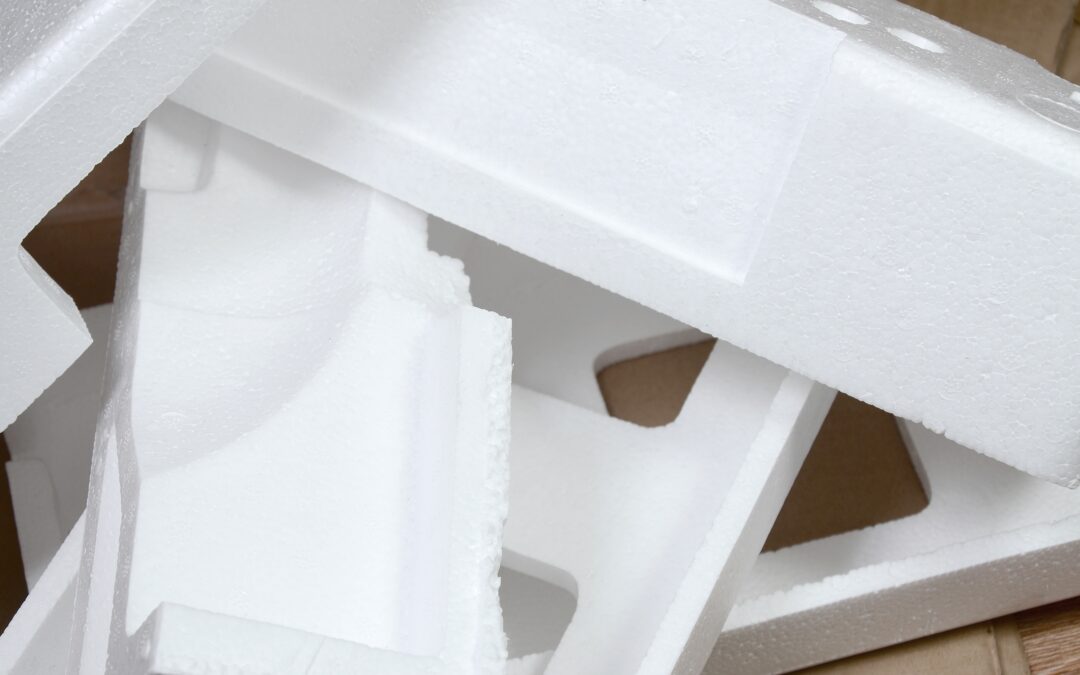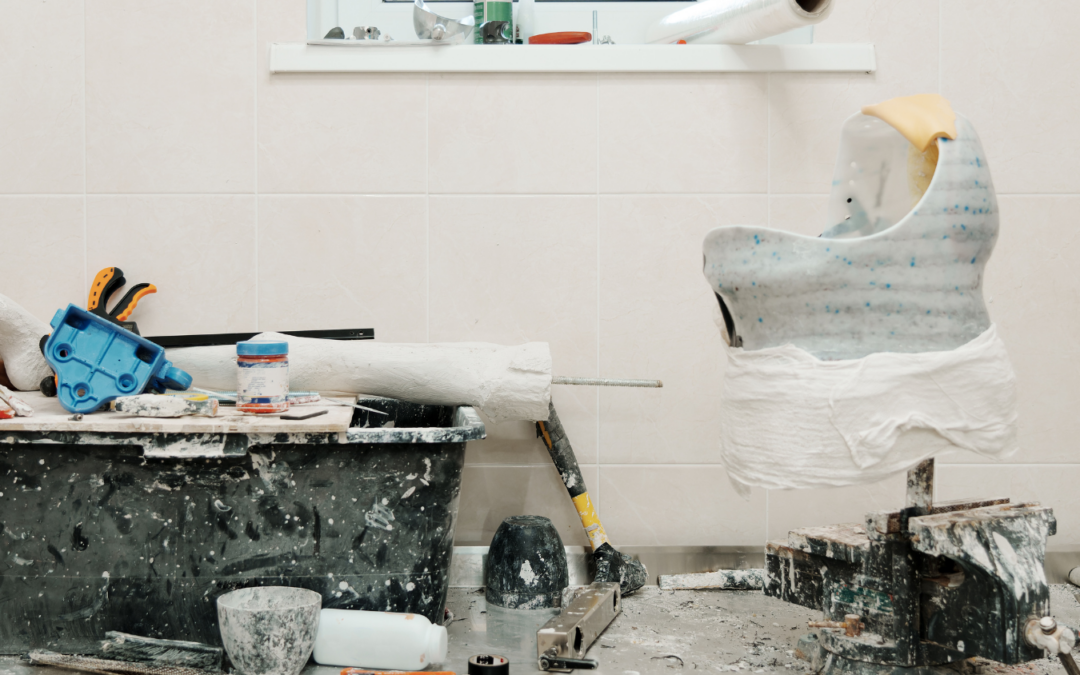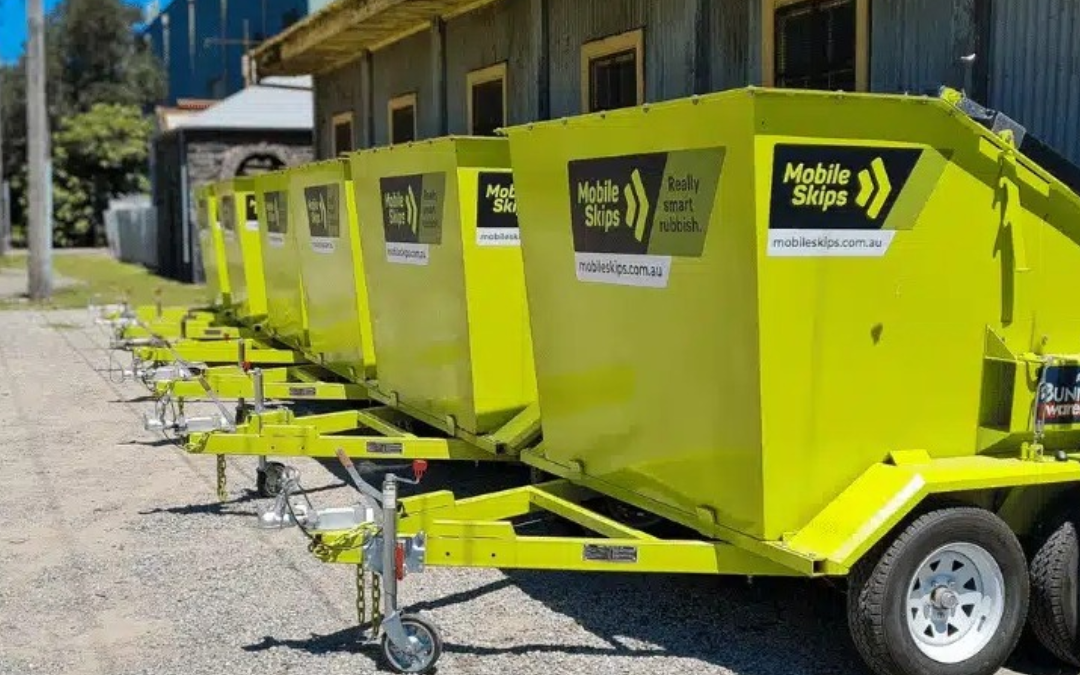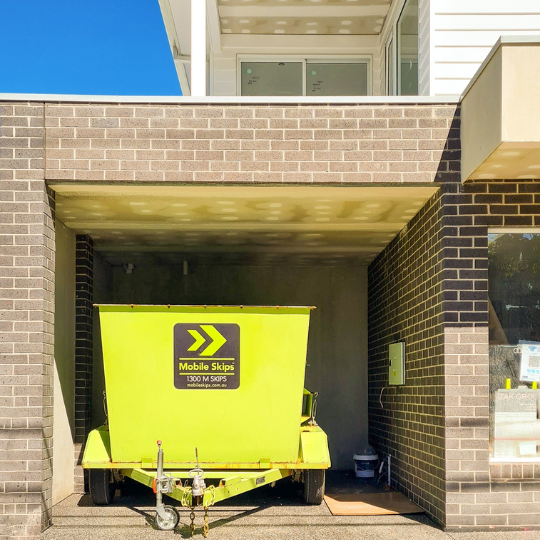Getting Started with Decluttering
Jumping into decluttering can be both exciting and a bit much. Whether you’re sprucing up your home or gearing up for a move, clearing out the clutter can lead to a cleaner, more organized life. Here are some easy ways to get started and the awesome perks you’ll enjoy from tidying up your space.
Easy Ways to Begin
Kicking off the decluttering process might seem like a mountain to climb, but breaking it down into bite-sized pieces makes it way easier. Here are some tried-and-true tips to help you get going:
- Start Small: Pick a tiny spot, like a drawer or a shelf, so you don’t get overwhelmed.
- Trash Removal: Begin by tossing out any obvious junk to instantly tidy up the area you’re working on.
- Create Piles: Make three piles for your stuff – keep, donate, and toss.
- Organizational Triangle: Follow the principles of the organizational triangle: give every item a home, group similar items together, and adopt the ‘one in, one out’ rule to keep things in order.
For more detailed guidance, check out decluttering tips for beginners and get inspired with decluttering ideas for small spaces.
Benefits of Decluttering
The perks of decluttering go beyond just a tidier home; they can seriously boost your well-being and overall lifestyle. Here are some benefits you’ll likely experience:
- Inner Peace: A decluttered space can lead to a calmer mind, helping you ditch the chaos and welcome serenity into your life (Mobile Skips).
- Stress Reduction: Clean and organized spaces have been linked to lower stress levels, leading to a better mood and less stress.
- Increased Productivity: With visual clutter out of the way, your ability to process information and focus on tasks improves, boosting productivity (Modern Minimalism).
If you’re prepping for a move, decluttering before moving can not only ease the transition but also save you money by reducing the volume of stuff to transport. For those looking to adopt a minimalist lifestyle, decluttering is the first big step towards embracing minimalism, which can lead to a more intentional and fulfilling life.
Remember, decluttering doesn’t have to happen overnight. Take it one step at a time, and soon you’ll be enjoying the peace and clarity that comes with a clutter-free space. For more strategies and benefits, explore our comprehensive guides on home decluttering tips and decluttering and mental health.
Practical Tips for Decluttering
Ready to turn your cluttered space into a peaceful haven? With a bit of guidance, you can create a more serene living environment. Here are some practical tips to help you declutter, whether you’re gearing up for a move or just want a more organized home.
Decluttering Before Moving
Moving can be stressful, but decluttering beforehand can make it a breeze. By lightening your load, you save money on moving costs and time on packing and unpacking. Here’s a straightforward plan to get you started:
- Start Early: Give yourself plenty of time to sort through your stuff so you don’t feel rushed.
- Create Categories: Sort items into ‘keep’, ‘donate’, ‘sell’, and ‘trash’.
- Be Methodical: Tackle one room at a time to avoid feeling overwhelmed.
- Use the Six-Month Rule: If you haven’t used something in six months, think about whether you really need it.
- Consider Skip Bin Services: For items you’re tossing, hiring a skip bin service can make disposal easier.
Remember, decluttering isn’t just about getting rid of things; it’s about making space for what truly matters.
Expert Advice for Organizing
Sometimes, a little expert advice can go a long way. Here are some pro tips to help you get your home in order:
- Everything in Its Place: Assign a specific spot for every item to keep things tidy.
- Use Vertical Space: Shelves and wall hooks can help keep floors and surfaces clear.
- Invest in Storage Solutions: Baskets, drawer dividers, and other storage options can make a big difference.
- Embrace Labeling: Clearly labeling containers can save you time and prevent misplaced items.
- Regular Maintenance: Make decluttering a habit. Setting aside time each week can keep clutter at bay.
For more detailed advice, check out articles on decluttering and organizing services and home decluttering tips.
By following these tips, you’re not just cleaning up; you’re setting the stage for a more peaceful and manageable life. Decluttering can improve your mental well-being and overall quality of life. Whether you’re going full minimalist or just trying to reduce clutter, each step you take brings you closer to a more harmonious space.
Embracing Minimalism
So, you’re thinking about decluttering your home? Awesome! You might just find yourself hooked on minimalism. It’s not just about tossing out junk; it’s about making your life simpler and more meaningful.
What’s Minimalism Really About?
People often think minimalism means living with as few things as possible. But it’s more about keeping only what truly matters. Imagine your home filled only with stuff that makes you happy or serves a real purpose. Sounds nice, right? It’s about cutting out the clutter that stresses you out and focusing on what counts.
This isn’t just about your stuff, either. It’s about clearing your mind, too. When you declutter and downsize, you can zero in on what really matters. It’s like giving your brain a breath of fresh air. Living with intention means every item and action has a reason behind it.
Stress? What Stress?
Minimalism can seriously chill you out. Clutter is a sneaky stress monster. Studies show that women with tidy homes are in better moods and have lower cortisol levels than those in messy spaces (Modern Minimalism). Lower cortisol means less stress, and less stress means better health.
Think about it: less stuff means less cleaning. A study mentioned by Modern Minimalism found that ditching the clutter can cut housework by up to 40%. That’s a lot more time for Netflix, hobbies, or just chilling out.
A clean space also helps you focus. No more getting distracted by piles of stuff everywhere. You can get more done and feel more zen. It’s like magic, but real.
Making Minimalism Work for You
Minimalism isn’t just about throwing things away. It’s about changing how you live and think. When you get rid of the clutter, you make room for peace and control. Dive into the world of minimalism and see how it can change your life. Check out our blog for more on decluttering and reducing stress. You’ll be glad you did.
Minimalism and Mental Health
Minimalism isn’t just about making your home look like a magazine spread; it’s about clearing the mental cobwebs too. Embracing minimalism can do wonders for your mind and emotions.
Boosting Your Well-Being
Living a minimalist life can seriously up your well-being game. Studies show that women with tidy homes are in better moods and have lower cortisol levels (that’s the stress hormone) compared to those in cluttered spaces. By decluttering and downsizing, you’re not just tidying up; you’re creating a peaceful haven that promotes relaxation. Plus, getting rid of stuff you don’t need lets you focus on what really makes you happy.
Here’s what a minimalist environment can do for you:
- Lower stress
- Better mood
- Improved sleep
- More focus and productivity
These perks are backed by research from Modern Minimalism, showing that living with less is scientifically good for you.
Tackling Anxiety
Your living space can mess with your anxiety levels. Clutter isn’t just annoying; it’s stressful. Research shows that young moms with cluttered homes have higher stress levels. This means that a clean, organized home can help keep anxiety at bay.
By decluttering and organizing, you’re taking charge of your anxiety. The act of decluttering can be therapeutic, giving you a sense of control and accomplishment. Plus, the physical activity involved in cleaning can be a great stress buster.
In short, a clean, minimalist home can seriously boost your mental health. It can help reduce anxiety, improve your mood, give you better sleep, and clear your mind. For more on how minimalism can benefit your mental health, check out Verywell Mind.
By going minimalist, you’re not just tidying up; you’re creating a sanctuary for your mind. Whether you’re decluttering before moving or just looking for a fresh start, minimalism can be a game-changer for your mental health. For more tips, visit our decluttering and mental health section.
Environmental Benefits of Minimalism
Going minimalist isn’t just about tidying up your space; it’s about making a real difference for our planet. When you embrace minimalism, you’re not only simplifying your life but also playing a part in creating a more sustainable world.
Cutting Down on Consumption
Minimalism pushes you to think about what really matters. By sticking to the essentials and being picky about what you buy, you naturally cut down on consumption. This means fewer products are made, saving resources and helping fight climate change. When you declutter your house, you’re also breaking the habit of buying stuff you don’t need, which helps save resources for the future (TheRoundup).
It’s not just about buying less; it’s about making things last. Minimalism encourages fixing and reusing items instead of tossing them out, which means less junk ends up in landfills. By getting into decluttering and upcycling, you’re helping create a world where things are used longer and waste is minimized.
Shrinking Your Carbon Footprint
Living with less means using less energy and producing fewer emissions. Minimalism reduces the need for new products, cutting down on the energy used in making, shipping, and getting rid of stuff (Wiley Online Library).
| Lifestyle Change | Estimated Reduction in Carbon Footprint |
|---|---|
| Mindful Shopping | 20% Reduction |
| Using Items Longer | 10% Reduction |
| Repairing/Repurposing | 5% Reduction |
Estimates based on lifestyle changes linked to minimalism (TheRoundup)
Minimalism often means going digital instead of physical, which can further cut your carbon footprint. For example, managing things digitally can replace the need for paper, reducing deforestation and pollution (decluttering and digital organization).
Going minimalist lets you align your actions with your values, leading to a greener lifestyle. It helps you take charge of your consumption habits and join the global effort to protect our environment. Whether you’re decluttering your home or looking for decluttering and organizing services, remember that every step towards minimalism is a step towards a healthier planet.
Mobile Skips: Your Go-To for Decluttering
Got a home project, prepping for a move, or just tired of the clutter? Mobile Skips is here to help Aussies clear out the mess without the stress.
Skip Bin Services Made Easy
Mobile Skips delivers skip bins right to your door, making it super easy to get rid of junk. Forget waiting around—these folks promise to drop off your bin within 3 hours. So, you can dive straight into decluttering your home without any hold-ups (Mobile Skips).
Here’s how Mobile Skips makes your life easier:
- No Permits Needed: Unlike the usual skip bins, Mobile Skips’ bins don’t need a council permit. Less paperwork, more action on decluttering and organizing.
- Flexible Plans: Need more time? Finished early? No worries. Mobile Skips offers easy plan changes, free extensions, and returns (Mobile Skips).
- Lockable Lids: Keep your waste secure and prevent others from dumping their junk in your bin with lockable lids.
Going Green
Mobile Skips is all about being eco-friendly. They’ve teamed up with Carbon Neutral to plant a tree for every online booking. So, while you’re decluttering and recycling, you’re also helping reforest the planet at no extra cost.
They also work with top waste management companies to ensure your junk is recycled and disposed of responsibly. Your decluttering efforts will have a positive impact on the environment (Mobile Skips).
| Eco-Friendly Initiatives | Description |
|---|---|
| Tree Planting | A tree for every online booking |
| Partnered Recycling | Collaboration with waste management companies |
| Sustainable Process | Responsible waste removal and recycling |
Choosing Mobile Skips means you’re not just making decluttering before moving a breeze; you’re also making an eco-friendly choice. So, as you work on decluttering and downsizing, know that your waste is being handled in a way that’s good for the planet.
Skip Bin Usage Guidelines
When you’re ready to tackle that clutter and embrace a minimalist lifestyle, knowing how to responsibly dispose of your stuff is key. Skip bins are super handy for getting rid of a lot of junk at once, but you gotta know what can and can’t go in them.
What You Can Toss In
Before you start chucking things into a skip bin, get familiar with what’s allowed. Most household junk like old furniture, appliances, clothes, and non-electrical fittings are fair game. But watch out for hazardous stuff—there are rules about that.
Here’s a quick rundown of what you can throw in:
- Household junk (think furniture, clothes, toys)
- Green waste (branches, leaves, grass clippings)
- Construction debris (timber, bricks, concrete)
But hold up—Mobile Skips says no-go to dangerous stuff like asbestos, chemicals, batteries, paint, poison, food, biological waste, gas bottles, fuel, and oils. Stick to these rules to keep things safe and eco-friendly.
Doing Right by the Planet
Picking a skip bin service like Mobile Skips not only helps you clear out your home but also supports environmental sustainability. Mobile Skips teams up with top waste management companies across Australia to make sure your junk gets recycled properly (Mobile Skips). They sort and recycle the skip bin contents, cutting down on landfill waste.
Plus, for every rubbish collection booked online with Mobile Skips, they plant a tree. Yep, you read that right. They’re helping with reforestation and reducing your carbon footprint, all at no extra cost to you (Mobile Skips).
By knowing what you can toss in and understanding Mobile Skips’ green efforts, you can make sure your decluttering spree is good for your home and the planet. Follow these tips and think about the bigger picture when you’re getting rid of stuff.
Minimalism and Financial Freedom
Living a minimalist lifestyle can be a game-changer, especially when you think about the financial perks and the joy of living with intention.
Money Matters
When you start decluttering and embracing minimalism, you’re not just cleaning up your space; you’re also setting yourself up for financial freedom. By sticking to the essentials, you naturally cut down on unnecessary spending. This smart approach can help you save more and stress less about money.
Check out this simple table to see how much you could save by skipping non-essential buys:
| Non-Essential Item | Average Cost | Yearly Savings if Skipped |
|---|---|---|
| Daily coffee from a café | $4 | $1,460 |
| Weekly takeaway meals | $25 | $1,300 |
| Monthly subscription services | $30 | $360 |
| Quarterly shopping sprees | $200 | $800 |
| Total Potential Yearly Savings | $3,920 |
Imagine what you could do with an extra $3,920 a year! You could build an emergency fund, invest, or even plan that dream vacation. For more tips on decluttering and saving money, check out our home decluttering tips.
Living with Purpose
Minimalism isn’t just about having less stuff; it’s about living with purpose. This mindset can improve your health, relationships, and work life. Being intentional helps you make choices that truly matter (Becoming Minimalist). It brings contentment, gratitude, and generosity—things that money can’t buy.
By decluttering, you’re not just tidying up your home; you’re also cleaning up your finances. Fewer items mean less maintenance, fewer repairs, and a better grip on your spending habits. This awareness can help you use your money for things that bring real joy, like experiences, supporting causes you care about, or helping others.
Want to know more about how minimalism can boost your well-being? Check out our articles on decluttering and mental health and decluttering and mindfulness.
Embracing minimalism isn’t just about having a neat home; it’s about creating a life that matches your values and goals. This alignment can give you a sense of financial freedom that’s both liberating and fulfilling, letting you focus on what truly matters to you.

